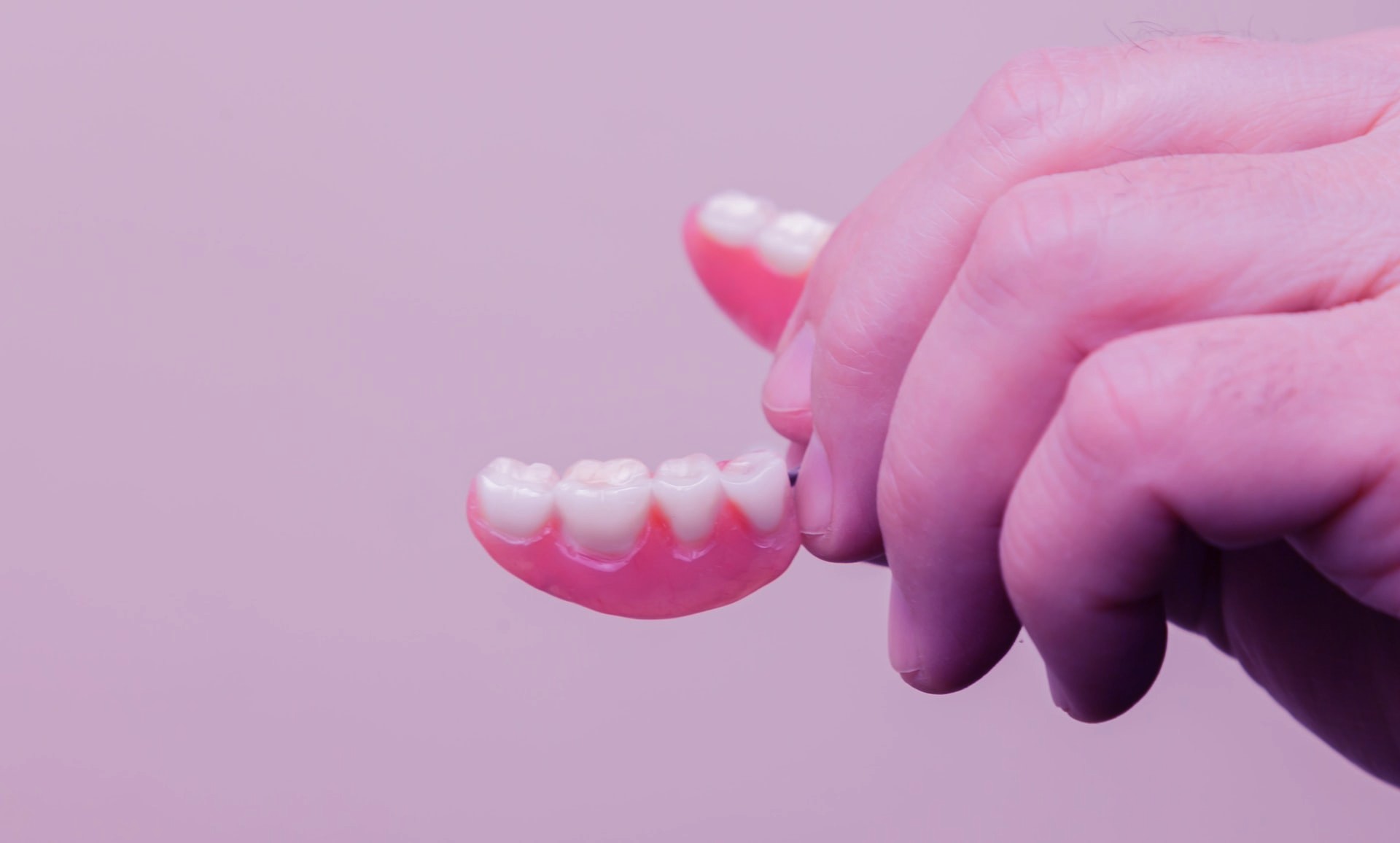Everybody understands the need for dental care for youth and adolescents, but what about milk teeth? Dental and periodontal care must begin even before the first baby tooth develops, according to dentists.
You suddenly recognize that first tiny tooth bud poking through to the gums after weeks of watching your kid drool and scream. Two lines of baby teeth will eventually replace your kid’s gummy grin during the following few years.
The baby’s general health depends on their teeth. They assist your child in eating and forming sounds. They also have an impact on how your baby’s jaw develops. As your child grows, excellent oral hygiene will assist in establishing healthy dental practices. Infection, illness, and other problems can result from poor dental hygiene. You can take advice from pediatric dentist Dr. Pagniano.
Developing teeth form when the baby is still in gestation. A whole set of 20 infant teeth is present in the gum of infants. Teeth appear for most children between the ages of 6 and 10. In some cases, teeth can emerge as early as three weeks in particular youngsters. They don’t come for another year or so in some cases. Teeth come in at various periods for young children. Only a tiny percentage of babies are diagnosed with only one or two teeth.
Teeth can appear in any sequence, although the center bottom canines are frequently the first to appear. Even by the time your baby is three years old, all 20 baby teeth usually come out. Between both the ages of six and 20, the 32 permanent teeth supersede the milk teeth.
Here are some suggestions for preventing tooth decay
Fill bottles with simply simple water, solution, formula, or breastfeeding. Filling bottles with flavored water, coconut water, or carbonated beverages are not a good idea.
- Never put your infant to bed with such a pacifier in their mouth. Even if it’s raining
- It doesn’t matter if it’s the baby formula or supplement; it can still cause tooth decay.
- Use only clean pacifiers without dipping in honey or sugar.
- Do not share saliva with the infant by using the same toothbrush.
- To clean it, use a spoon or lick a pacifier. Tooth decay is a problem that many people face.
- It begins with germs that cause cavities to transmit from one person to another.
- Take care of your baby’s teeth and gums.
Before the teeth appear, you should wipe your child’s face with a clean gauze pad or a mild detergent at least once per day. It is something that we should frequently do.
Teething relates to the procedure of your infant developing teeth. You may observe if the child drools more or wants to nibble on objects while they are chewing. Teething could be pleasant for some infants, and others may have painful gums and be picky. Lack of weight and sleep disturbances are two more teething complaints.
When giving your infant a bottle, constantly keep them in your arms. Never leave a bottle left in the crib. Allowing your infant to go asleep with a drink is not a good idea. Milk can accumulate in your child’s face, causing tooth rot.
In the crib, don’t give your infant a sippy cup of drinks or dairy. When your youngster is six months old, they can start using a milk bottle. When your child reaches the age of one, you should stop feeding them bottles. Allow your infant to roam around with a sippy cup containing only water.


